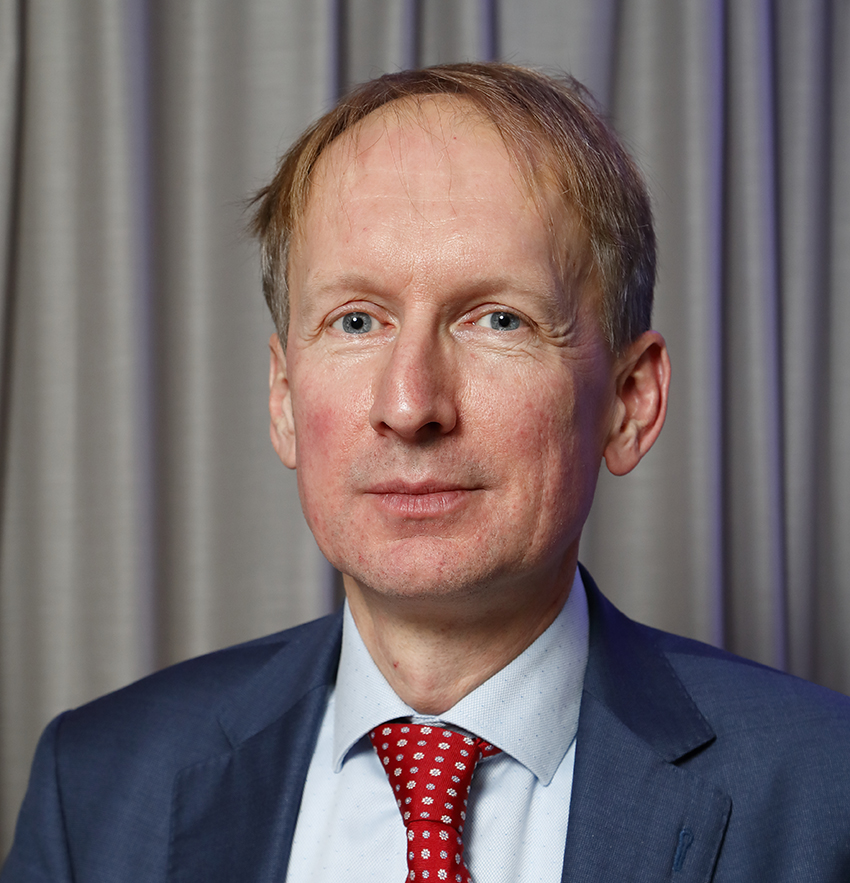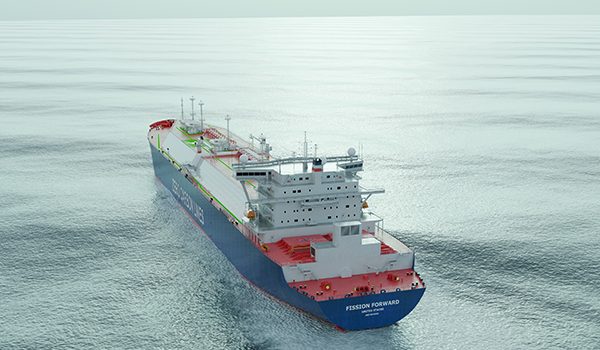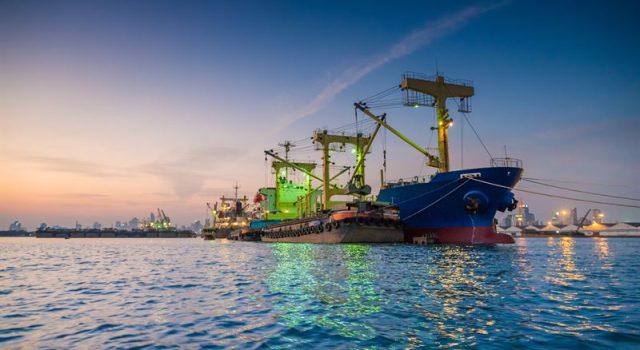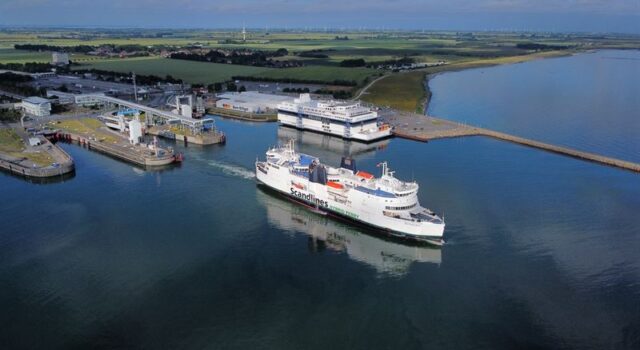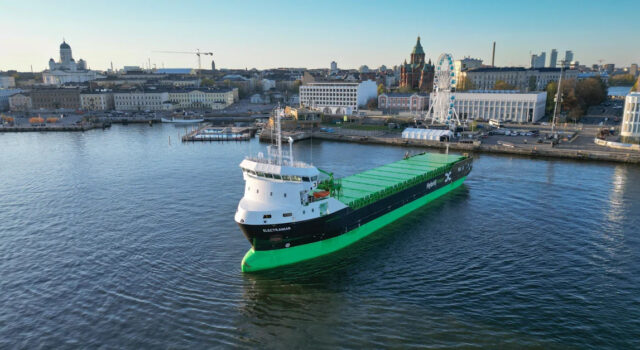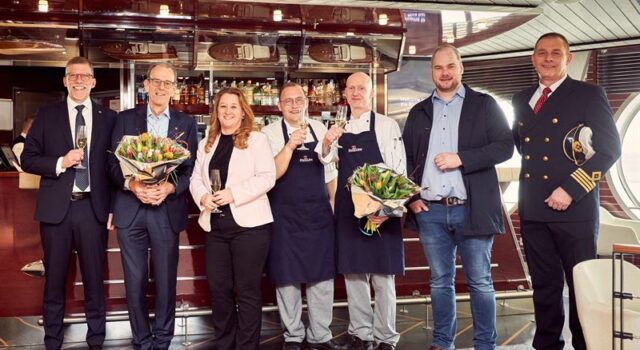With crew sizes continuing to shrink as vessels become more reliant on automation in the future, Dorsman envisions social positives and negatives for the industry and its workers.
On the upside, he said automation may open doors for more female workers and more stable home lives for some as fewer crewmembers will be required to spend long periods at sea.
“But at the same time the crew size becomes smaller and smaller, as has happened the last decades and centuries, can we operate a vessel with only two crew?” Dorsman said. “What do they do all the time? Will the vessel take care of itself? Can we ask from those people to take control of the vessel when there is an urgency? Do they have the experience and the skills to take control?
“There are a lot of challenges. I’m not saying it’s impossible, but there’s also the social aspect. Can you have only two people on a vessel for two or three months out at sea? Will that work? Will we find the people to do that kind of job?”
Dorsman, who came to the ECSA in 2017 after serving for six years as Managing Director of Royal Association of Netherlands Shipowners (KVNR), discussed other potential social impacts caused by increased automation. For example, he said, the typical European seafarer works onboard for an average of seven years before transferring to a shore job.
“They have such knowledge and experience about shipping,” he said. “They are so valuable to the whole maritime cluster. What happens if the size of the crew is diminishing? Then that source of knowledge and knowhow is disappearing for the European maritime cluster.
“How do we respond? What can we do to adapt to that? We need to find the answers. What can we do as an industry? It’s really about Europe. It’s the European Parliament and Commission we have to talk to.”
As a civil servant in the Dutch government for more than 20 years and holding a doctorate degree in macro-economic policy, Dorsman has experience from that side of the table. He recently brought his body of knowledge to the Breaking Waves 2018 think tank in Helsinki, a part of Slush, the largest start-up convention in the world.
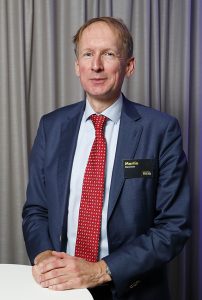
Dorsman said a joint government/industry solution is needed to address the growing influence from China.
“China has a very clear geopolitical agenda and they’re really long-term, 100 years out,” he said. “That’s the way they look at it and that’s so different from Europe. I say that Europe was too long, too naïve about (reacting to) the intentions of China. What are the critical firms Europe should have control of that Chinese have bought as part of their agenda?”
Dorsman begins with China as the No. 1 challenge facing the European maritime cluster for several reasons.
“I start with China because hey have the factories,” he said. “They have the ships and the shipyards. They have the raw materials and the mines in Africa and the military force. They want to become a global geopolitical power.
“That is a threat to Europe and the maritime cluster. We have to find and response, and what will that response be? If necessary, Europe has to match certain things China is offering. To create a level playing field is a role for the European regulators.”
The need to reduce the European maritime cluster’s carbon footprint was one of the think tank’s topics in Finland. Dorsman said it was encouraging that everyone involved in the conference was of one mind regarding the environment and other important issues facing the industry for the future. But, he said, there is room for improvement among the various European maritime factions.
“First of all, we need to communicate better about what it that contributes to Europe and jobs and the economy as an enabler of energy,” he said. “At the same time, we have something to be proud of. That was discussed in panel. We’re proud of what we do regarding the future of Europe and globally.
“There is common ground, not opposing views or fundamental differences of interests.”
Text Michael Hunt
Photo Antero Aaltonen

